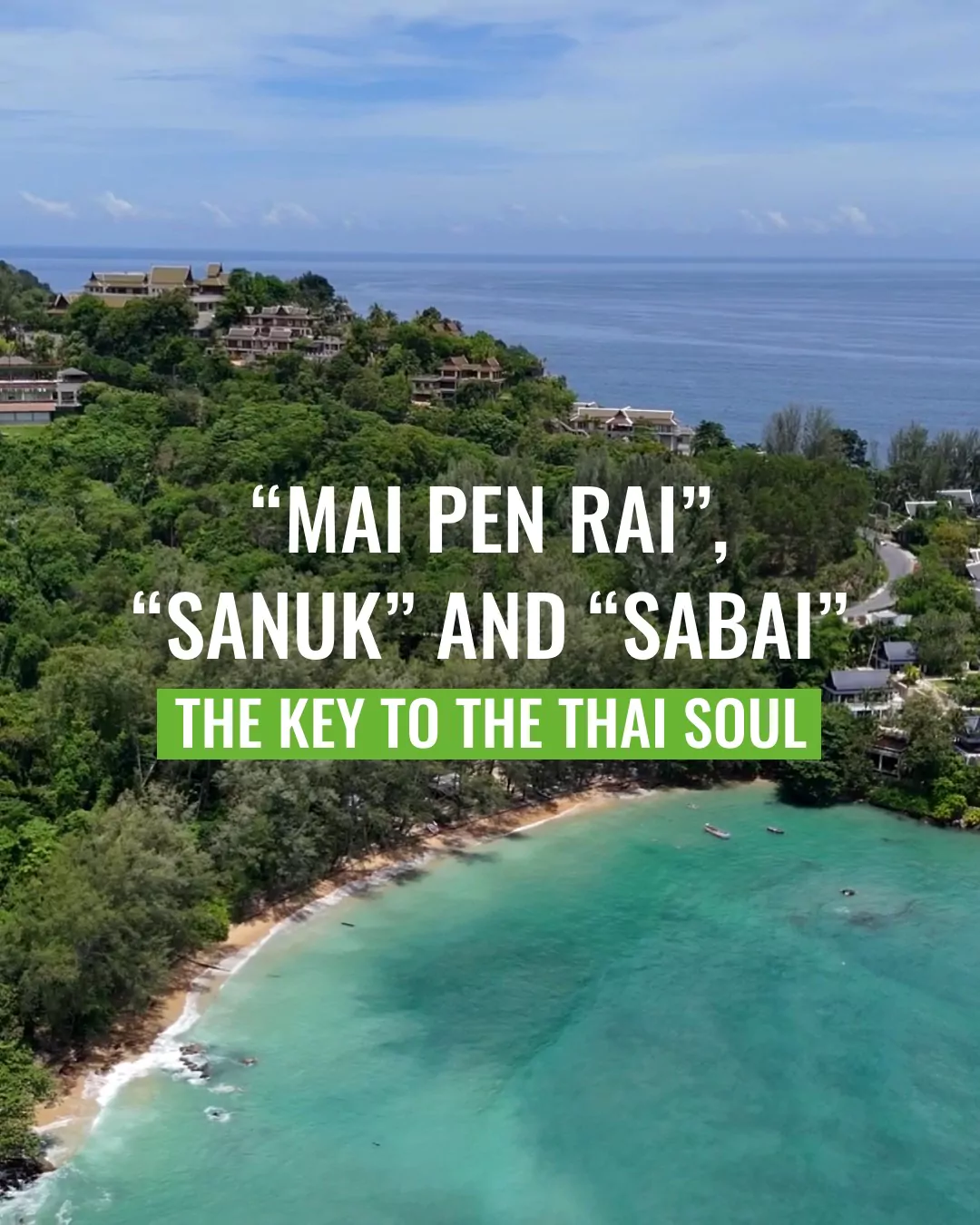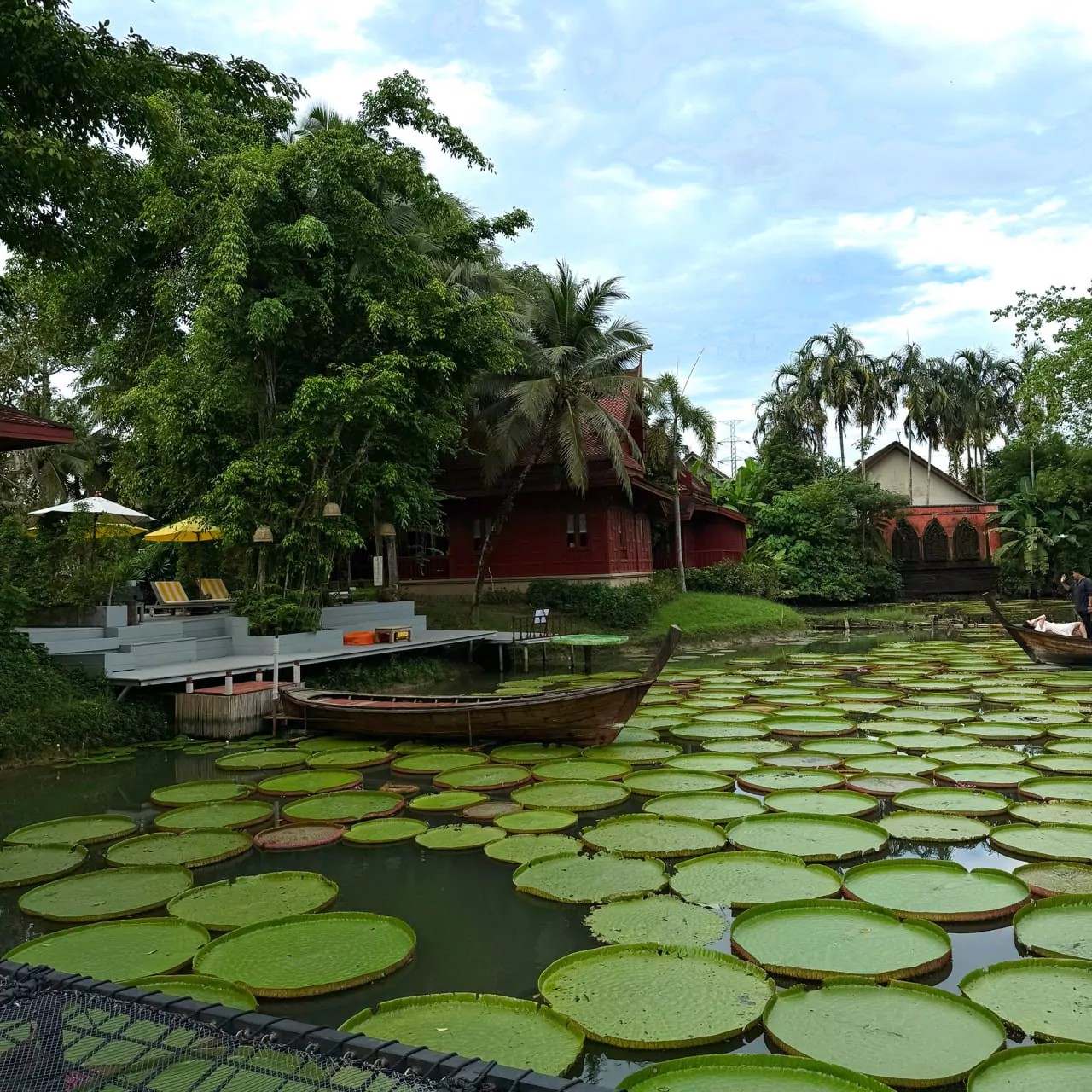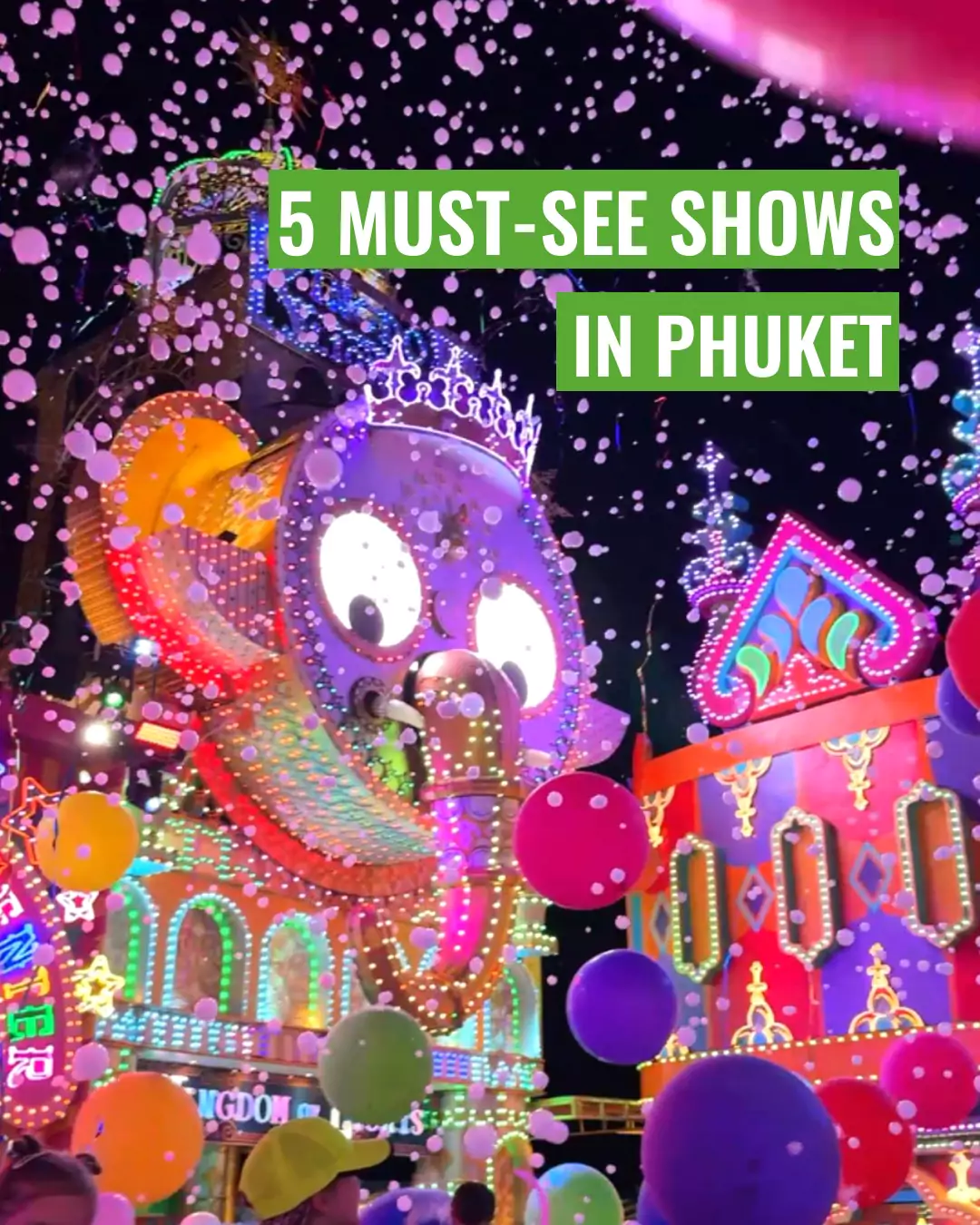“Mai pen rai”, “sanuk” and “sabai” — the key to the Thai soul
If you’ve ever been to Thailand, you’ve probably heard (or even felt) these three mysterious words: “mai pen rai”, “sanuk”, and “sabai”. But they’re more than just words — they’re a true philosophy of life. Thais think, speak, and live through them. Let’s find out what they mean and why they’re so important.
“Mai pen rai” (ไม่เป็นไร) – “no stress”
This is perhaps the most famous and most frequently spoken phrase in Thailand. Its meaning ranges from “don’t worry” and “it’s okay” to “no problem” and “never mind.” “Mai pen rai” is not just a response to an apology or an awkward moment — it’s a mindset. Spilled your soup? Mai pen rai. Late for a meeting? Mai pen rai. Lost your wallet? Mai pen rai. It’s not that Thais don’t care — they just don’t see the point in stressing over small things. Their approach is simple: it’s better to let go of a situation than to get stuck in negativity.
Although “mai pen rai” is closely connected to the Buddhist principle of accepting suffering and impermanence, it is not a religious concept. It’s more like social glue — a way of communication that helps Thai society be more tolerant, avoid conflicts, and maintain a friendly, harmonious atmosphere.
“Mai pen rai” is also connected to the philosophy of “don’t hold grudges”. Thais believe that holding onto resentment is like drinking poison and waiting for someone else to die. Negative emotions are seen as poison for your “chon” — the spirit, your inner energy. That’s why it’s simpler and wiser to let go of resentment.
That’s why it’s extremely rare to see a scene of conflict in Thailand. People try not to raise their voices, not to escalate arguments, and to resolve things gently — with a smile, a joke, or silence. Thais generally believe that the fewer words you use, the purer your energy. We wrote about this and other aspects of the Thai mindset in the article What Is Forbidden in Thailand.
Can you apply “mai pen rai” in your own life? Absolutely! Especially if you tend to dwell on mistakes, constantly worry about little things, are prone to perfectionism or guilt, or are afraid of seeming “imperfect.” Try saying to yourself, instead of the usual “Ugh, I messed it up again!” — “Mai pen rai. It happens. Moving on.” A small magic phrase — and suddenly, it’s easier to breathe.
“Sanuk” (สนุก) – “do it with joy”
Sanuk is another important life principle. It means “pleasure,” “joy,” or “fun,” but not in the sense of “having fun” — rather, in the sense of doing anything with joy.
For Thais, there’s no strict division between “work” and “pleasure.” Even if the task is serious, it still has to be “sanuk.” For example, a market vendor jokes with customers, and a waitress smiles and laughs — because even routine work should bring happiness. Thais believe that if something isn’t sanuk, it means it’s time to change something.
“Sanuk” – it’s about lightness, playfulness, and the joy of the moment. And it’s not about carelessness or laziness. Thais can work hard, but always with a good mood and a positive attitude. “Sanuk” is almost a guarantee of productivity, because it’s much easier to work well when you feel good, rather than under pressure.
“Sanuk” is often connected with things like:
- playfulness (in work, in communication),
- humor (even in serious situations),
- connection with people (Thais don’t like loneliness — sanuk lives in togetherness),
- music, dance, rhythm (many Thais sing in the kitchen or dance in the street — simply because they enjoy it),
- food (it’s not just fuel, it’s a celebration).
“Sabai” (สบาย) – “feeling chill”
Sabai is about a state of inner and outer comfort and harmony. The word means coziness, relaxation, well-being, health, and ease. For example, the phrase “Sabai di mai?” means “How are you?” but literally translates as “Are you feeling well?” And “sabai-sabai” means not just “I’m fine,” but “I’m great, relaxed, at peace”.
Sabai is when you feel calm, comfortable, and everything is just as it should be. It can be a cozy chair, warm weather, a massage, a seaside rest, or simply a good mood — anything that makes your body and soul feel relaxed.
In Thai culture, it’s not customary to show strong emotions, anger, or outbursts. Why? Because they disrupt sabai — both your own and that of those around you. Thais try to maintain peace within themselves and with others. Calmness is strength.
Thais love the expression “sabai-sabai.” It’s used when everything is going smoothly, when there’s no need to rush, or when you just want to say, “relax, don’t worry, slow down.” Compare this to the constant Western mindset of “hurry up, achieve, prove yourself.” Which one feels closer to you?
In the end, the three pillars of Thai happiness are:
- Mai pen rai – don’t worry.
- Sanuk – enjoy life.
- Sabai – be at peace.
This is the true soul of Thailand. It’s no wonder it’s called the Land of Smiles. Thais genuinely try to make life pleasant — for themselves and for others. So if you want to truly feel the local culture, try living by these three principles yourself. And to learn even more about Thai culture and philosophy, visit local Temples and Museums, join Excursions, and read the guides Thai Phrasebook and 15 Unusual Thai Phrases to Impress the Locals.




























